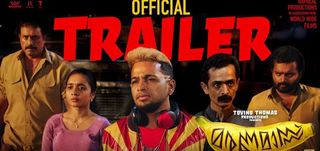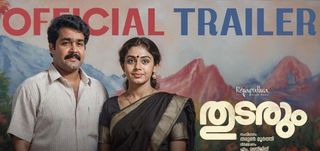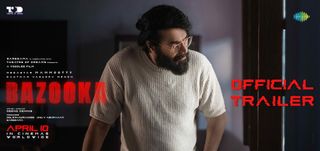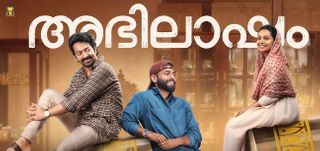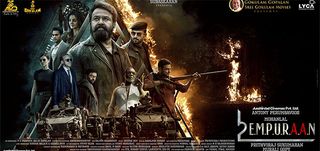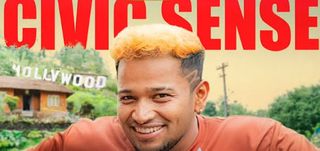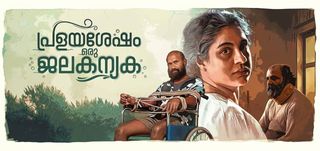
Mizhi Thurakku Movie Review
Duravastha by Kumaranasan is a 1922 poetic lament about the deplorable casteism and feudalism that was predominant in ancient Kerala, which was a social reformation or awakening call as well. Even though most of those social discriminations and injustices are painful and shameful memories of the past, casteism is still practised in today's modern society in various forms and norms. The makers of 'Mizhi Thurakku' invite us to relive the social inequalities of the past through the movie, and exhorts us to drop every form of casteism and "open our eyes" to the simple rule of humanity by Sree Narayana Guru, "One Caste, One Religion, and One God for man".
Set in the year 1921 against the backdrop of the Malabar rebellion (the "Mappila Lahala"), the story unfolds in the province of Eranad. Savithri (Sruthi Lakshmi), a Brahmin Nambudiri woman, flees to save her life and honor when her family is savagely attacked by the Mappila Muslims. Fortunate enough to survive the riotous crowd, she finally takes refuge in the hut of Chathan (Ganesh Kumar), who belongs to an inferior untouchable caste. Initially very reluctant and afraid to associate with the aristocratic lady, Chathan gives in to her plea for shelter and protection, showing character beyond his poor social standing.
Having lost everything except life and womanly honor, Savithri comes face to face with the stark social reality of her times. She learns about the miserable, slavish and wretched people who lives and dies serving her and her elite clan. She also gets to see the beauty of the world - the flora and fauna - that was denied to her until then. Love, humanity, respect and obedience take rebirth in Savithri. How she reforms herself, rebuilds the world around her, is the rest of the story.
As subplots or wrapper to the original story of Savithri, the movie has this landlord (Vijaya Raghavan) and his aide (Kochu Preman) who are the cruel faces of feudalism that torments Chathan and his friend Pokkan (Asokan). Pokkan's teenage daughter Myna becomes endearing to Savithri, and the two embraces a relationship that slaps casteism hard on its face. Then, there are the usual scenes of harassment, inhuman insults, rape, murder and the like by the upper caste that are typical and perhaps unavoidable to movies on casteism and feudalism.
No visual adaptation can have the intensity, or the completeness, or the emotional depth of the original literary work, especially in the modern age where the core theme of untouchability and caste divisions is not very relevant. That may be the reason why Dr Santhosh Souparnika and his team concentrated more on a lighter treatment with visual grandeur and pace, rather than subject intensity and focus.
Music by M Jayachandran, lyrics by Poovchal Khader and Jayageetha, makeup by Pattanam Rashid, and cinematography by Anil Nair have been outstanding. There are quite a few exquisite frames and shots in the movie, capturing the alluring beauty of Kerala. In contrast to the locales of the original poem that are dull and withered, which are so to augment the gravity of the theme, the movie's locales are colorful. The directional style has been trendy, not following the conventional mode of slowness to such historical social drama. The hard work behind the movie is evident throughout.
Sruthi Lakshmi as Savithri has performed exceptionally well. Her physical grace and emoting skills have been put to the right use in the movie, and she perfectly matches the character in the original work. Though the original Chathan's physique does not match that of Ganesh Kumar, he has done full justice to the character. Except a couple of very amateurish performers, everyone else has been apt. Kochu Preman deserves special praise, especially for that wicked yet laughable scene where he appears in plain loincloth.
Dr Santhosh Souparnika claims he is a movie maker and artist with social obligations and responsibilities. His previous work 'Ardhanari' vouches for that, and 'Mizhi Thurakku' does validate his claim. It's a little sad to see shows getting cancelled for such movies for the lack of minimum viewers. It is the "Duravastha" (pitiable state) of present times as far as non-commercial Malayalam Cinema is concerned.










